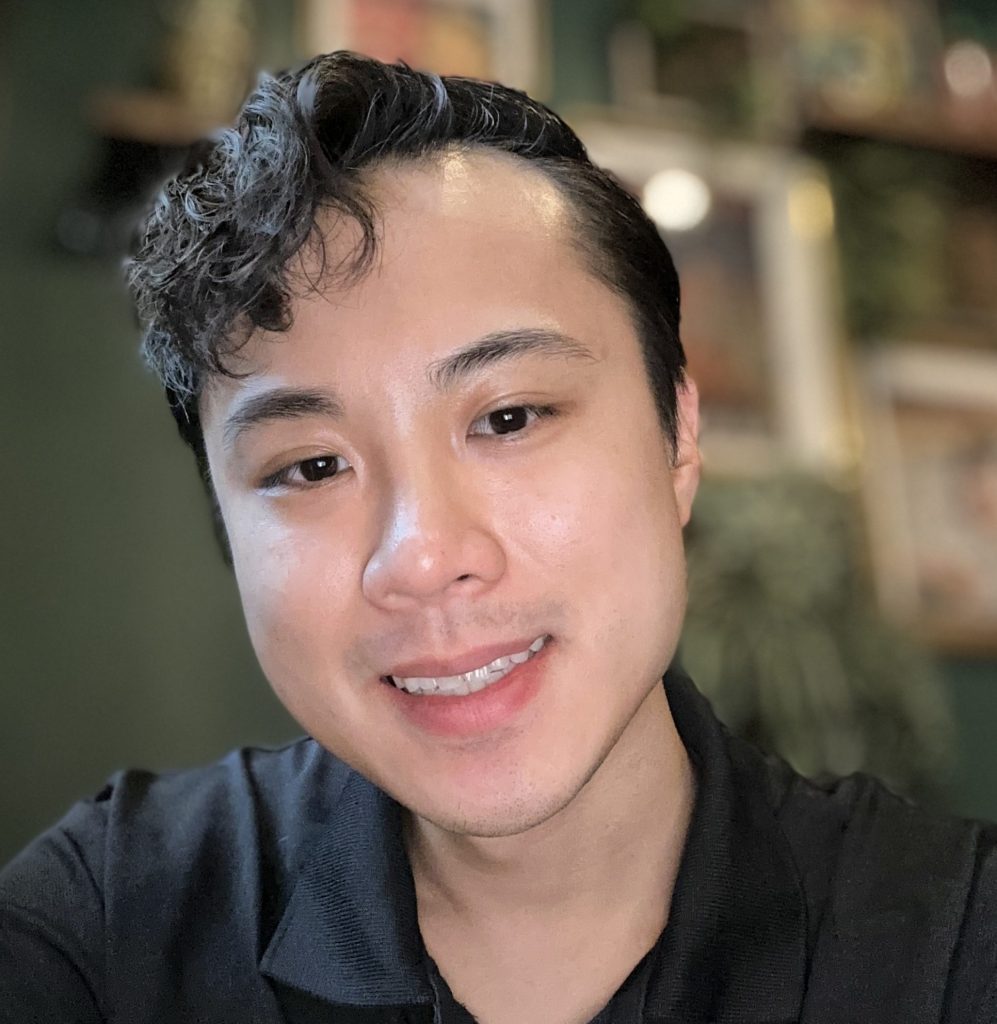Embracing the Digital Age: Enhancing ABA Programming through Technology and AI
Explore how technology transforms ABA with Andrew Ng, BCBA, LBA. Discover how BCBAs use AI to create new interventions while keeping ethics in mind. Learn about the past, present, and future of AI in ABA.
Learning Objectives
- Review the history of technology's impact on the field of Applied Behavior Analysis.
- Analyze the latest research on modern technology and AI in relation to ABA service delivery and other mental health providers.
- Explore effective tips and strategies for incorporating modern technology and AI into ABA services, while ensuring compliance with the BACB code of ethics.
- Discuss current research, limitations, and future directions for the use of modern technology and AI in practice.
About Instructor

Andrew Ng is a Board Certified Behavior Analyst (M.A., BCBA, LBA-NY) with nearly 10 years of experience providing behavior analytic services to individuals of all age groups, including toddlers, teens, and adults on the Autism spectrum. He obtained his undergraduate degree in psychology and master's degree in Applied Behavior Analysis (ABA) from Queens College CUNY. Andrew is licensed as a Licensed Behavior Analyst (#001872) in New York State and holds a board certification from the Behavior Analyst Certification Board (#1-19-37230). Currently, at Manhattan Psychology Group,
Andrew offers ABA services and provides parent counseling and training. Since 2019, he has also been working as an adjunct professor, teaching undergraduate psychology and ABA courses at Queens College CUNY. Additionally, Andrew serves as a BCBA clinician at Manhattan Star Academy, overseeing school-age children with special needs. He is passionate about inspiring others to learn more about behavioral science and advocating for individuals on the Autism spectrum to be their voice. Andrew is dedicated to his work as a BCBA, conducting Functional Behavior Assessments (FBA), Behavior Intervention Plans (BIP), and ABA Assessments. He also has experience in assistive technology training, including Alternative Augmentative Communication (AAC) Devices.
In his practice, Andrew prefers a naturalistic and eclectic approach to teaching social and peer-interaction skills, utilizing methods such as Dungeons & Dragons, video games, and technology to provide a modernized way of teaching socially significant skills to his learners.




